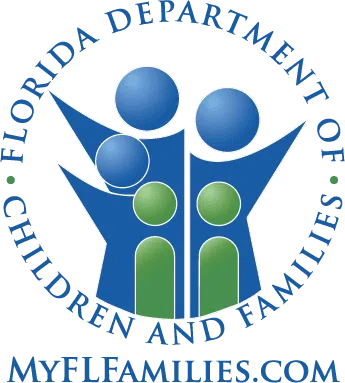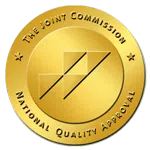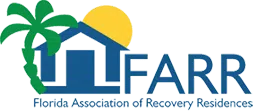
Substance abuse and addiction are problems that have plagued society for centuries.
Even though we have come a long way in understanding these issues, many misconceptions exist surrounding substance abuse and addiction.
Keep reading to explore 11 things you should know about addiction!
Why Are Misconceptions about Addiction Dangerous?
Misconceptions around addiction pose risks as they generate misinterpretations, erroneous beliefs, and ignorance.
Such misunderstandings can evoke guilt and shame for those battling addiction and their families.
Moreover, these misconceptions may prevent individuals from seeking help or receiving necessary substance abuse and addiction treatment.
What are 11 Things You Should Know About Addiction?
There are many misconceptions about addiction and substance use disorders. Here are 11 addiction facts you should know:
Addiction is Not a Choice
A common myth about addiction is that it’s a choice. Many think that those addicted to drugs or alcohol choose to use them.
However, addiction is a chronic brain disease influenced by genetics, environment, trauma, and stress.
Not Just the Weak-willed Fall Prey to Addiction
A common misconception about addiction is that only weak-willed people get addicted.
This false and harmful idea overlooks that addiction doesn’t discriminate based on character or willpower. Anyone, regardless of personality or behavior, can become addicted.
Addicts Can’t Quit Anytime They Want
Many believe addicts can quit anytime they want, but addiction is a disease affecting the brain. Once addicted, stopping isn’t just about deciding to quit.
It causes physical and psychological withdrawal symptoms, making quitting hard without professional help.
More Than “Bad” People Are Affected by Addiction
A common misconception is that only “bad” people fall into drug or alcohol addiction, and this belief is not only wrong but harmful.
Addiction can affect anyone, regardless of background or social status. It shows no bias and can trap even those without prior substance use.
Addiction is Not a Moral Failing
A common misconception about addiction is that it’s a moral failing. Viewing addiction as a moral issue promotes stigma and shame for those struggling.
Treatment is Necessary for Addiction
Many people think addiction can be overcome without professional help, but that’s not true. Addiction is a chronic disease needing expert treatment.
If left untreated, it can cause serious health issues, social isolation, and even death.
Addiction Affects More Than the Individual
Addiction may seem like an individual issue, but it impacts families, communities, and society.
It can cause financial troubles, legal problems, and strained relationships, affecting public health and safety.
A comprehensive approach, considering individuals, families, and communities, is needed to address addiction.
People with Addiction Want to Get Better
A common misconception about addiction is that sufferers don’t want to improve. This isn’t true.
Most people with addiction want to recover but may struggle with finding help or feel ashamed or scared.
Addressing addiction demands a supportive approach to understanding its complexities and recovery challenges.
Addiction Cannot Be Cured
There isn’t a cure for addiction, but with proper treatment and support, individuals can attain long-term recovery.
Recovery is an ongoing process needing commitment and effort. A holistic approach with medical, behavioral, and social interventions is crucial to tackling addiction.
Addiction is Not a Rare Problem
Addiction is a common issue, yet some think it’s rare. Millions in the US are affected.
As per 2019 addiction statistics, about 21 million Americans 12 or older faced substance use disorders.
Addressing addiction needs a public health approach considering the problem’s scope and complexity.
Prescription Drug Abuse is Not More Common Than Other Illegal Drug Abuse
Misuse of prescription drugs is a significant issue in the US, but illegal drug use remains the primary cause of substance abuse.
The National Institute on Drug Abuse states that 8.7 million people misused illicit drugs in 2018, compared to 6 million misusing prescription drugs.
Despite the health risks of misusing prescription drugs, it’s crucial to acknowledge that illicit drug abuse is the bigger problem.
How Can Clients Find Addiction Facts?
Clients can consult credible sources to understand addiction and prevention strategies better.
The National Institute on Drug Abuse website features comprehensive fact sheets and statistics on drug abuse in the US.
Local government agencies or community health centers can provide resources on drug abuse dangers.
Organizations like Alcoholics Anonymous and Narcotics Anonymous offer local support group connections.
Online resources, including websites and forums, are also available to guide those battling substance abuse.
The key is finding the right help for your needs. Seeking help is an empowering step toward recovery.
Let Prevail Recovery Center Help with Things You Should Know About Addiction
At Prevail Recovery Center, we understand the struggles of addiction. Our program caters to individuals from diverse backgrounds, regardless of gender, age, or history.
Our team is experienced in various addiction services like medical detox, outpatient programs, and relapse prevention and knows how addiction impacts communities differently.
We believe that a tailored approach is vital for successful recovery, and we’re committed to helping patients find the best treatment plan for their needs.
Reach out to discover more about our tailored addiction therapy and how we can assist you or your loved one in attaining an improved life!





hey there and thanks in your info – I’ve certainly picked up something new from proper here. I did then again expertise some technical points the usage of this website, since I skilled to reload the web site a lot of times previous to I may just get it to load properly. I were puzzling over if your web host is OK? Not that I am complaining, however slow loading instances occasions will very frequently have an effect on your placement in google and could harm your high quality rating if advertising and ***********|advertising|advertising|advertising and *********** with Adwords. Well I am including this RSS to my email and could glance out for a lot more of your respective intriguing content. Ensure that you update this once more soon..
http://www.tlovertonet.com/
I am not sure where you are getting your information, but great topic. I needs to spend some time learning much more or understanding more. Thanks for magnificent information I was looking for this information for my mission.
https://www.fuduku.com/hire-a-hacker-for-whatsapp/
My husband and i got now comfortable that Chris managed to finish off his basic research via the precious recommendations he had from your own web page. It’s not at all simplistic to just choose to be offering procedures which usually other folks might have been making money from. And we all recognize we need the blog owner to give thanks to for this. The most important explanations you’ve made, the simple site navigation, the friendships you will make it easier to engender – it’s most spectacular, and it’s facilitating our son and our family feel that the issue is entertaining, and that is seriously fundamental. Many thanks for the whole lot!
https://soxforhorses.com/
You are a very bright individual!
https://www.ledlightbulb.net/index.php?main_page=index&cPath=195
Awesome blog you have here but I was curious about if you knew of any forums that cover the same topics discussed here? I’d really like to be a part of online community where I can get suggestions from other knowledgeable individuals that share the same interest. If you have any suggestions, please let me know. Thanks a lot!
https://uweed.ch/fr/
I conceive this internet site holds very excellent indited content posts.
https://youtu.be/suXDHrpKYDg
You could certainly see your skills within the paintings you write. The sector hopes for more passionate writers like you who aren’t afraid to mention how they believe. All the time go after your heart. “Everyone has his day and some days last longer than others.” by Sir Winston Leonard Spenser Churchill.
https://www.fuduku.com/hire-a-hacker-for-instagram/
Thanks for some other fantastic post. The place else may anybody get that kind of information in such a perfect method of writing? I have a presentation next week, and I’m at the look for such info.
https://youtu.be/mjiljqUMNzo